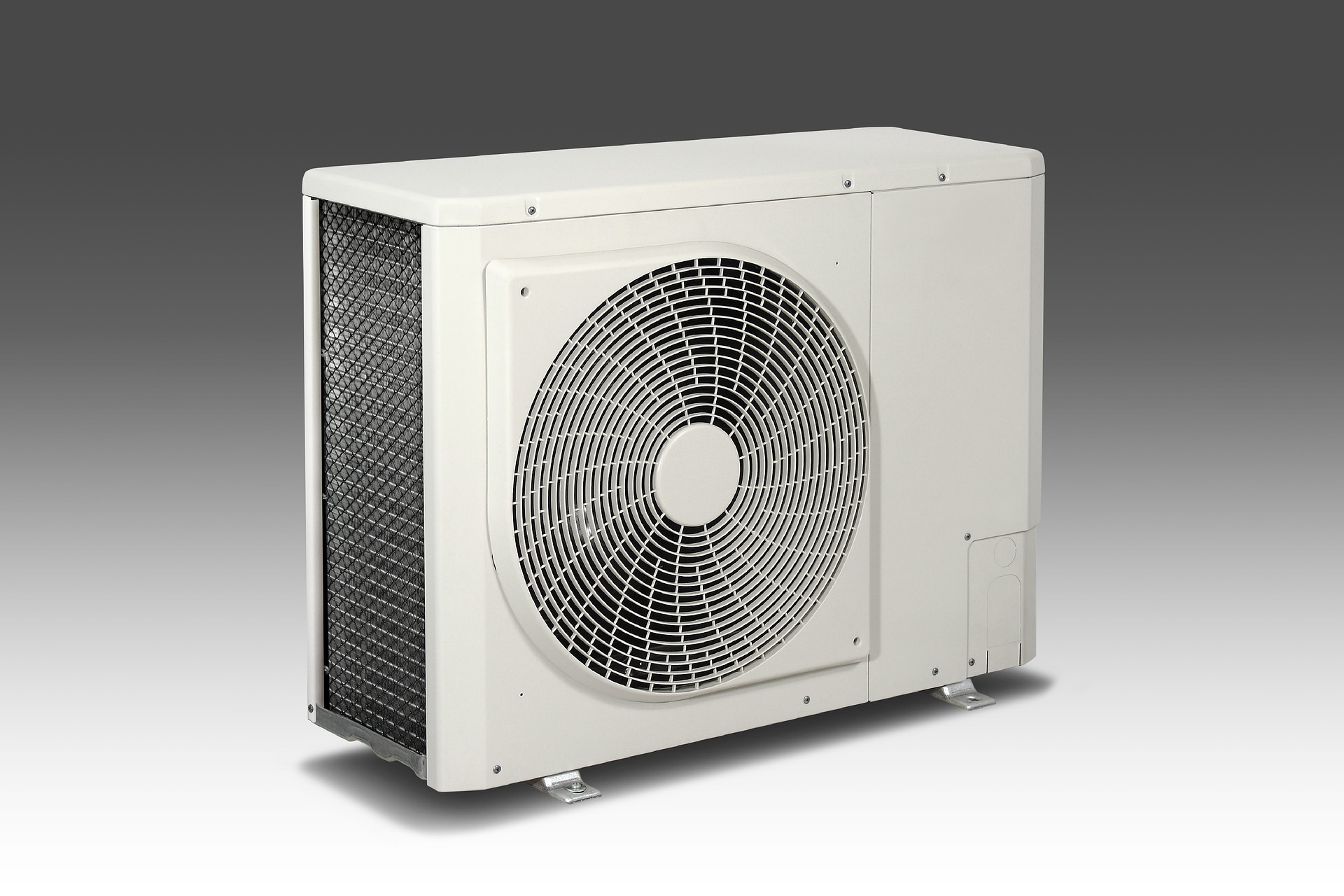
Installing an HVAC system is a perfect way to control indoor climate by ensuring proper airflow and comfortable temperature levels. It also helps keep your home’s humidity at acceptable levels, preventing moisture-related issues like mould, dampness, and rotting windows. This prevents structural damage, but it also benefits your health.
However, many things can go wrong with your HVAC system if not properly maintained and taken care of. The good thing is that most of the issues can be avoided through regular maintenance or solved by a professional air conditioner repair company. Knowing some of the most common HVAC problems can help you identify and fox them early enough before they develop into more significant concerns. Here are some common issues associated with residential HVAC systems:
-
Dirty Air Filters
Your HVAC unit’s air filter helps improve your home’s indoor air quality, keeping you and your family healthy. However, the air filters can accumulate dust and dirt if not cleaned or replaced regularly. With a dirty filter, your HVAC unit can spread allergens and other contaminants in the air, increasing your risk of developing respiratory issues. Dirty filters can also clog your HVAC unit, obstructing airflow.
You can avoid this issue by replacing your air filters regularly to keep your system clean and working efficiently. Check your air filter at least once a month and clean any dirt to prevent your unit from overheating and breaking down. Changing the air filters can also improve your home’s indoor air quality.
-
Malfunctioning Thermostat
Your thermostat can either be non-programmable or programmable. Depending on your surroundings, a programmable thermostat automatically controls your home’s temperature levels. If your system features a non-programmable thermostat, you must manually set it to your preferred temperature.
If your thermostat malfunctions, you feel your room’s temperature isn’t sufficiently warm or cold; it’s likely an issue with your thermostat settings. Check your HVAC manual to understand how to operate your unit and adjust the thermostat. If you have a non-programmable thermostat, consider setting it 10 degrees lower before bed to keep your unit working regularly and save on your energy bill. Dead batteries might also cause your thermostat to malfunction, so consider replacing or recharging them regularly.
-
Unusual Furnace Noises
Another common problem associated with residential HVAC systems is making unusual noises. While most units produce low murmuring noises, unusual noises could be a problem with your HVAC system. If your unit makes squealing or whining noises, it could be a sign of failing inducer or blower motor bearings. Any abnormal noises could also indicate broken belts or worn-out parts. Dirty burners or airflow issues can also cause unusual noises. If you hear screeching, buzzing, and squealing noises, check your HVAC for these issues and have them fixed by a professional HVAC technician or schedule a tune-up.
-
Blower Always Running
If your unit’s blower is always running, you could have accidentally left your fan switch on. Check the fan switch on your HVAC’s thermostat and ensure it’s turned off because leaving it on makes the motor run continuously. Your HVAC furnace has many limits, including a fan relay that switches the blower on after activating the heat. If the relay sticks or the limits don’t reset, your blower won’t shut off. A trained technician can help assess and fix your constant-running blower in such cases.
-
Water Leaking
HVAC leaks can cause many problems and shouldn’t be taken lightly. A leak reduces your unit’s efficiency, making it harder to maintain your thermostat’s temperature setting. As a result, your HVAC system uses more energy, increasing your energy bill significantly.
Leaks are a sign of a clogged or cracked drain pipe in the air conditioner, heat exchanger, furnace, or collector box. If it’s due to clogging of the drain pipes, pour bleach down to remove the blockage. If that doesn’t fix it, contact an HVAC expert to resolve the leakage problem correctly.
Endnote
There are many problems associated with residential HVAC systems. Some are minor issues that you can fix, while others are significant problems that require a skilled technician to fix. Apart from resolving the issue called upon, your technician will also evaluate your HVAC for other issues and fix them accordingly before they damage your unit.
Ref: THSI-2753 / ZD. 24554




 POSTED BY
POSTED BY 

